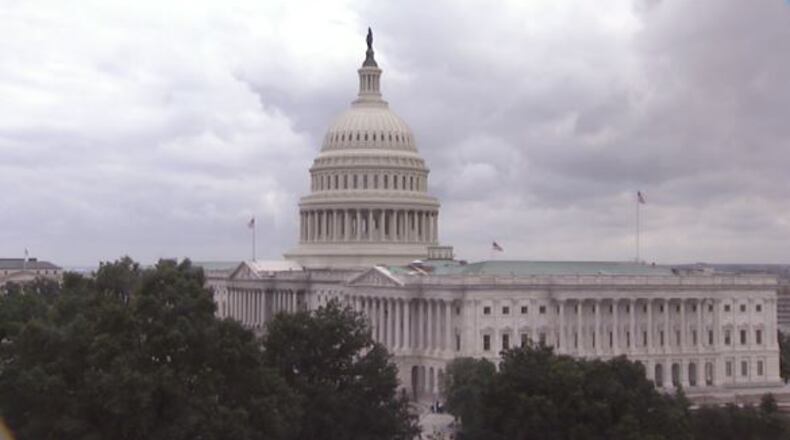Eight weeks before the November mid-term elections, Republicans in the House have rolled out plans to permanently write a series of individual tax cuts into law, trying to change a sweeping tax cut approved in 2017 which allowed those tax cuts for individuals to expire in eight years, as GOP leaders labeled the effort, 'Tax Reform 2.0.'
"We are providing certainty," argued Rep. Kevin Brady (R-TX), who helped shepherd the GOP tax cut plan through the House in 2017, as he unveiled three different Republican measures dealing with making the 2017 tax cuts permanent, helping people save more for retirement, and spurring new economic innovation.
"This legislation is our commitment to the American worker to ensure our tax code remains the most competitive in the world," Brady added in a statement.
No cost estimates were released with the package of three bills, which were immediately denounced by Democrats.
"With version 2.0 of the GOP tax scam for the rich, Republicans want to add even more to the deficit, and even more to the bank accounts of the wealthiest 1 percent," said House Minority Leader Nancy Pelosi (D-CA).
Some outside groups were also critical of the details.
"Once again, lawmakers are attempting to force tax cuts that primarily benefit the wealthy on an unwilling public," said Alan Essig, executive director of the Institute on Taxation and Economic Policy.
With only 15 scheduled legislative work days in the House before the elections, there is no chance any of these GOP plans could become law in 2018 - but it could offer Republican leaders the chance to highlight the issue before the mid-terms, by holding a vote on it in the House, and trying to put the squeeze on some Democrats in the elections.
"We're not resting on our laurels," said Rep. Steve Scalise (R-LA). "We're going to build on this economic success."
Here's what he GOP bills would do:
+ Other provisions on increased standard deductions, rates for pass through income, child tax credit, limits on state and local tax deductions, and more are also made permanent.
+ The second bill deals with expanding retirement savings accounts.
+ The plan would also expand section 529 college savings plans, and allow penalty-free withdrawals from retirement accounts in order to help pay for the birth or adoption of a child.
"It's time to build on the undeniable success of the Tax Cuts And Jobs Act," said Rep. Mike Kelly (R-PA).
How Republicans do in the November elections will go a long way toward determining whether any of these plans have any chance of being approved in the Congress.
About the Author
The Latest
Featured



